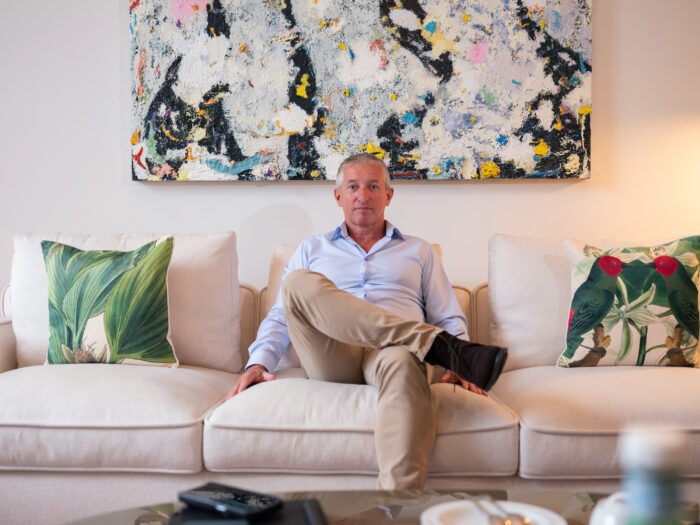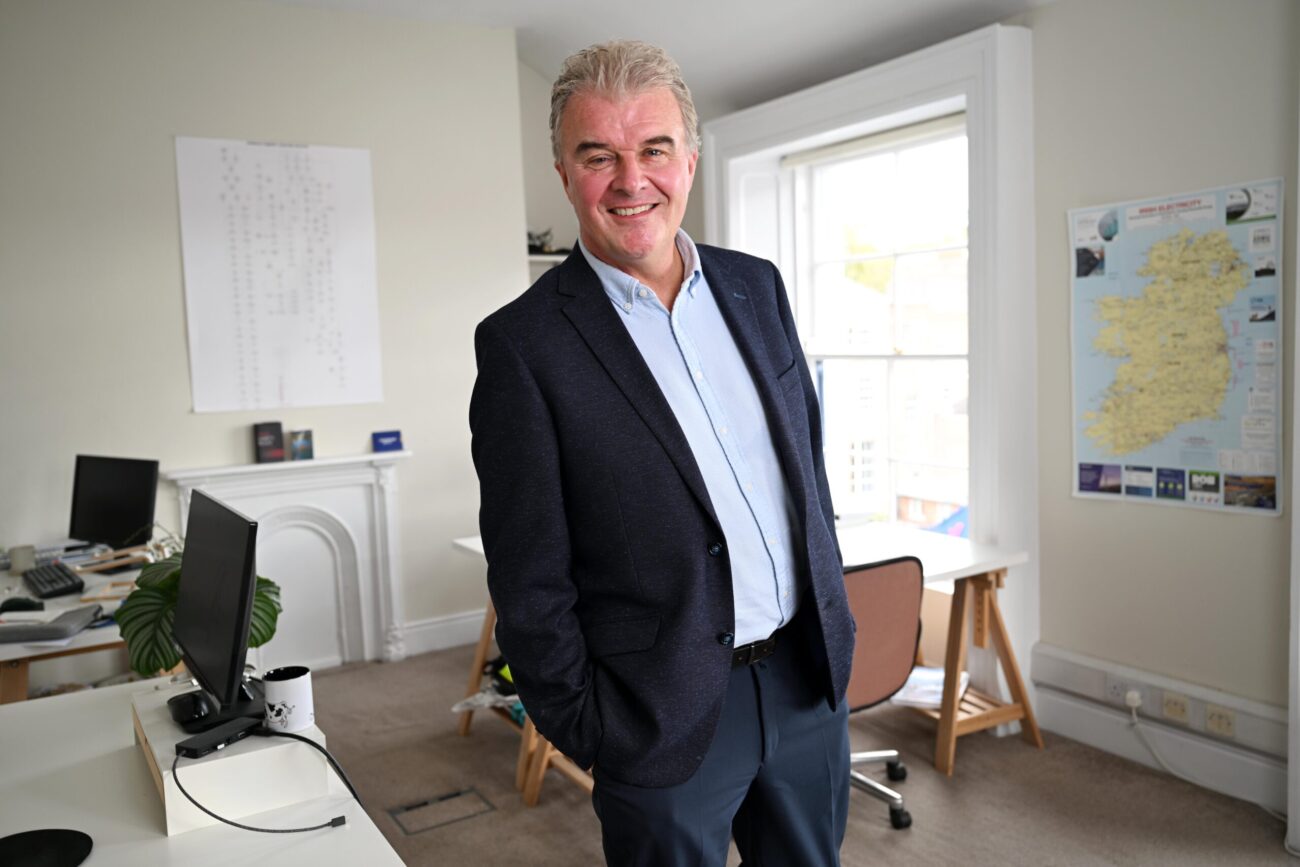After writing a letter like this to readers of The Sunday Independent every week for five years, it’s nice to be able to introduce myself to members of The Currency.
I’ve been a member myself since January 2020, and I joined the staff a couple of weeks ago – the first time I’ve worked for a news organisation that didn’t have a newspaper. It feels good to be here, and I hope to make a worthwhile contribution.
Looking back, I first subscribed because of a must-read piece by Ian, who usually writes this Sunday column. He had interviewed Peter Vandermeersch, then publisher of Mediahuis Ireland and the man who was about to become my new boss. That certainly got my attention, but it didn’t get the credit card out of my wallet. At least, not yet.
And then, under the headline and a photograph of Peter, it said that the piece was a 23-minute read – and that’s what really got me. It was saying, “Go get yourself a coffee, because this runs deep.”
Over three days next week, I’ll be telling a pretty epic story of my own. It’s the result of more than 25 interviews. That’s another thing about The Currency – it gives its writers the time and space to find the layers in a story and try to produce stuff worthy of your attention.
As journalists, we’re trying to compete for people’s time in a world where they’re under siege from all manner of sources, reliable and otherwise – including AI, which can be both. So it seems to me that our industry is heading towards the place that The Currency started from – a journalistic environment where less is more, as long as it’s of high quality.
John, my brother-in-law, was kind enough to subscribe to The Currency last week – you could call it a show of family support, but there’s more to it than that. Like a lot of people out there, he values in-depth journalism – he just doesn’t think there’s enough of it. Like me, he’s an avid reader of the FT Weekend print edition, but John reckons the paper’s “Big Read” takes him, in his own words, “five minutes, tops”.
The three-parter I’ve just filed has a total reading time of 64 minutes. That doesn’t make it a good piece, of course, but for me it’s based on events so interesting that you could only mess it up in the telling.
It’s about a boom and a bust – it’s also about a bubble, of which there is much nervous talk these days in the financial markets. It’s the inside story of the crazy years when Ireland’s local newspapers were being sold for stratospheric money, making unlikely millionaires out of many – and putting most of the buyers on the road to ruin.
It’s about big personalities, family businesses, blind auctions and dodged bullets, one of which could well have taken down The Irish Times. It also looks at what happened next and where things stand now. It will run from Monday to Wednesday and if you get a chance to read it, I hope you find it time well spent.
Elsewhere last week…

One of the standout pieces was Tom’s interview with Bob Haugh. Over the years, Haugh has guarded doors in gay nightclubs, built multimillion-euro travel empires, and once rented his home to Taylor Swift. Now, the entrepreneur is plotting his next big journey — building his luxury travel company, OROKO.
Kevin MacSweeny became head of managed equity in Quintas Capital last year. His firm has just closed its first investment backed by investors including former BWG chief Leo Crawford, ex-Version 1 leader Tom O’Connor, and Abbey International Finance. He told Tom the story of the deal.
Local councillors in London approved Irish developer Ballymore’s €3.4 billion project with Sainsbury’s in west London last week. Michael set the scene for how the project has unfolded and outlines what it means for the Sean Mulryan-led developer.
Michael also followed developments at the BBC, where a leaked memo alleging bias spurred the exits of two of its most senior staffers. But media experts told Michael that suggestions of partiality are wide of the mark – and there are lessons for RTÉ.
When Val Troy did her first comedy gig, it took nearly two days before the buzz wore off. She talked to Paul about the ultimate career flip — quitting a top accountancy role for life as a stand-up comedian.


